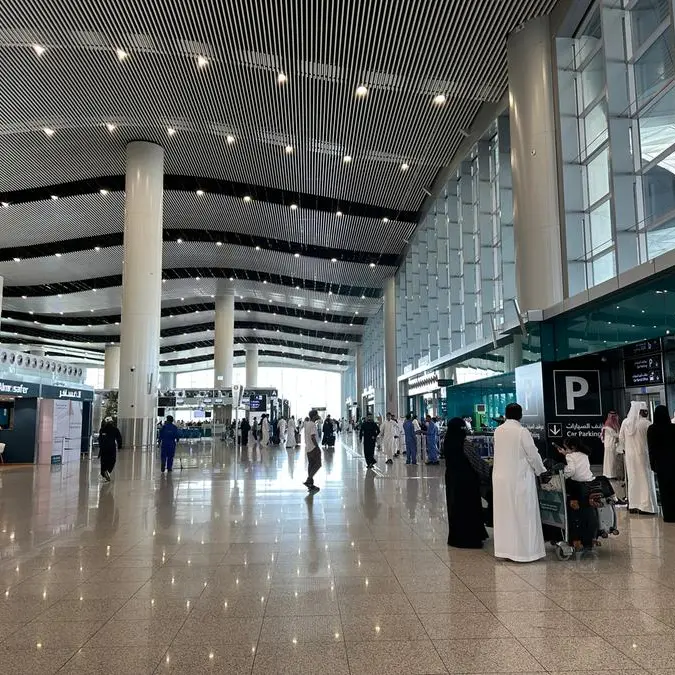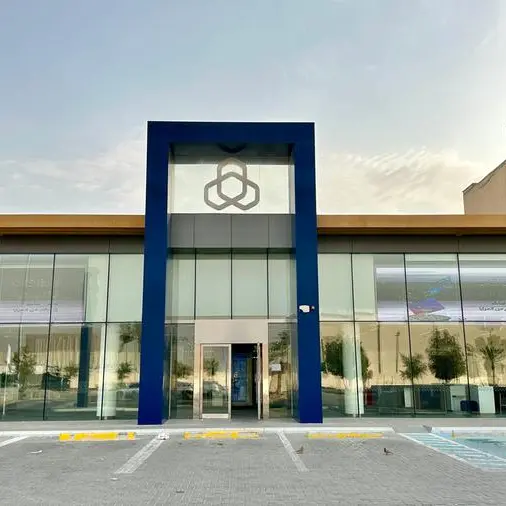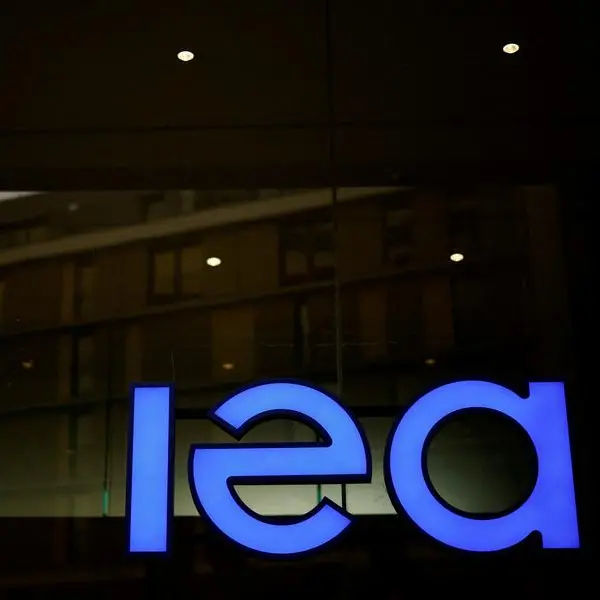PHOTO
Informal employment, a large unbanked population, and a lack of competition in the banking sector are major stumbling blocks in achieving financial inclusion in sub-Saharan Africa, according to the IMF.
With few players in the banking sector, the services provided are expensive for end-users in sub-Saharan Africa discouraging many to open a bank account, IMF said in a report titled ‘The Global Informal Workforce – Priorities for Inclusive Growth’.
IMF researchers found a significant relationship between individuals who do not have a bank account because they think it is expensive. This result suggests that the high cost of bank accounts maybe attributed to a lack of competition instead of to other exogenous factors, it added.
Informal employment
One of the other factors identified in the IMF report as a hurdle to financial inclusion is informal employment in sub-Saharan Africa. According to the International Labour Organization, employees are considered to have informal jobs if their employment relationship is, in law or in practice, not subject to national labour legislation, income taxation, social protection or entitlement, and to certain employment benefits such as paid annual or sick leave, etc.
About 85 percent of individuals in the sample survey were informal workers. There is a strong co-relation between informal workforce and bank accounts, it said.
“In our database, 36 percent of individuals have a bank account. Those with a debit card are 18 percent of the sample, and five percent have a credit card,” said the report, adding that among the people who do not have a bank account, 21 percent report not having an account because it is too expensive. Also, only seven percent report having borrowed money from a financial institution in the past year.
According to the report, financial account ownership in sub-Saharan Africa is significantly lower compared to more advanced economies. “In sub-Saharan Africa, there are 346 bank accounts per 1,000 adults, compared with 1,522 accounts in advanced economies and 591 in emerging markets and low-income developing countries.
However, sub-Saharan Africa performed comparatively better in mobile payment use. “In the region, 25 percent of adults use a mobile bank account, compared with 85 percent of adults in advanced economies and 29 percent in non-advanced economies,” it said.
The circular nature of the financial industry affects the expansion of the banking sector. The demand for banking services is not high, hence expansion of banks is rather slow or restricted.
The IMF report underscores this by studying the relationship between key bank balance sheet variables and borrowing by individuals. “Balance sheet weaknesses may affect the ability of banks to supply credit, restricting individuals’ borrowing capacity,” it said.
In addition, females and well-educated individuals are expected to borrow more than other groups in sub-Saharan Africa, said the report.
Optimistic outlook
Looking forward, the IMF said that two remarkable forces of a change could increase competition in the banking sector, with positive effects on financial inclusion.
“First, new and efficient technologies are being developed to transform the sector with new products, processes, and providers (fintech). Second, financial markets are increasingly interconnected across the world, and sub-Saharan Africa is not an exception. Both forces are instrumental in fostering an optimistic outlook regarding future improvements in financial inclusion,” it added.
Although mobile payments are successful in several eastern African countries, the IMF researchers expect that fintech will progressively cover other financial services, such as loans and saving accounts.
The report ends on a positive note saying that given the economic, social, and political advances that sub-Saharan Africa has achieved, “we believe that the financial sector offers opportunities for growth in the future. The potential to improve financial inclusion is high.”
(Reporting by Atique Naqvi; editing by Seban Scaria)
Disclaimer: This article is provided for information
al purposes only. The content does not provide tax, legal or investment advice or opinion regarding the suitability, value or profitability of any particular security, portfolio or investment strategy. Read our full disclaimer policy here.
© ZAWYA 2021





















